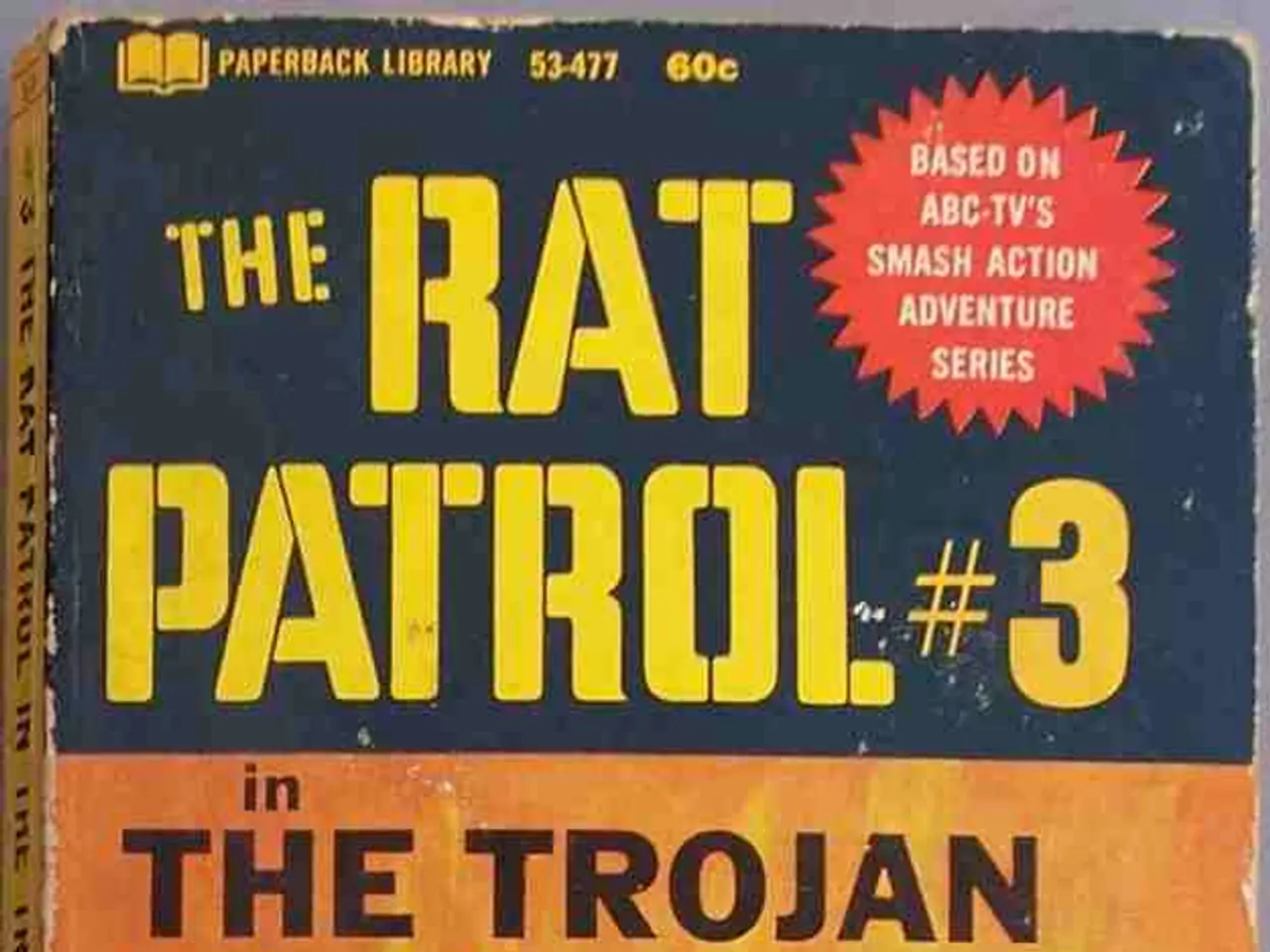Competitive Struggle Against the Resurgence
In a move that could escalate regional tensions, the Iranian parliament is considering a law that would allow for a rapid withdrawal from the Nuclear Non-Proliferation Treaty. This decision comes amidst increased international pressure, particularly from the West, and Iran's efforts to mitigate the impact of US sanctions by forging political and economic ties with countries like Russia, China, and the United Arab Emirates.
The International Atomic Energy Agency (IAEA) has emphasised the need for Iran to take "credible steps" towards transparency, such as fully cooperating with the IAEA and immediately allowing inspections of all nuclear sites. However, the location of uranium is currently unknown due to Iran's shutdown of cooperation with the IAEA, raising concerns about the true state of Iran's nuclear program.
According to the IAEA, Iran still possesses about 440 kilograms of nearly weapons-grade uranium. This has led the Israeli leadership to consider further air strikes against Iran necessary, as long as the Islamic Republic continues to possess such potentially dangerous material and does not officially abandon uranium enrichment.
The damaged but not definitively destroyed Iranian nuclear program has also sparked a potential new escalation between Israel and Iran. A failed diplomatic attempt at a solution could serve as justification for new military strikes by Israel, potentially with support from Europe.
The UN has 30 days to reach an agreement with Iran on the nuclear issue after the snapback. In an effort to reintroduce UN sanctions against Iran, Britain, France, and Germany have activated the so-called snapback mechanism. However, China and Russia have already decisively rejected the reintroduction of these sanctions.
A final break with the West would make Iran even more dependent on China and Russia than it already is. The network of militias loyal to Tehran, known as the Axis of Resistance, is a shadow of its former self, further weakening Iran's strategic position.
Amidst these challenges, there are signs of potential diplomatic resolution. Iranian politicians from the so-called reform camp have demanded the voluntary suspension of the nuclear program for the first time in August. Negotiations between European representatives from the E3 states (Germany, France, UK) and Iranian officials, including Deputy-level officials led by Iran's Foreign Minister Abbas Araqchi, are ongoing.
However, the Iranian government has been publicly defiant, sending contradictory signals in international talks. There is no clear public identification of officials ready to abandon the nuclear program. The window for a diplomatic solution, as warned by the EU High Representative Kaja Kallas, is closing quickly.
The potential outcomes of these developments remain uncertain, but one thing is clear: the stakes are high, and the situation requires careful diplomacy to avoid a potentially devastating conflict.
Read also:
- United States tariffs pose a threat to India, necessitating the recruitment of adept negotiators or strategists, similar to those who had influenced Trump's decisions.
- Weekly happenings in the German Federal Parliament (Bundestag)
- Southwest region's most popular posts, accompanied by an inquiry:
- Discussion between Putin and Trump in Alaska could potentially overshadow Ukraine's concerns








